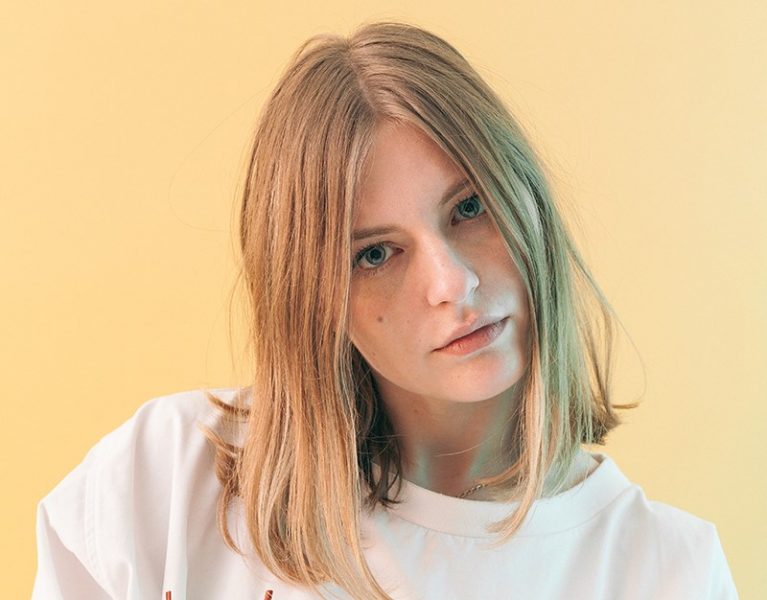The music of the former German Democratic Republic itself probably deserves an entire series of articles to fully understand its unique nature, sound and also the cult status among many fans from that time. Even after the Berlin Wall came down in 1989 these bands and artists got a fixed spot in the hearts of many people from that generation. And now, with a certain historic distance, it’s suddenly interesting for a new generation to (re-)discover the sound of their parents and experience it under a new light. Buzzing German techno newcomer Annegret Fiedler aka Perel was born in the East of Germany and therefor subtly influenced by these sounds. Three decades later she fell in love with one special track from 1982. Karat and their dreamy pacifistic new wave pop piece Der Blaue Planet. On NOTHING BUT HOPE AND PASSION Fiedler tells you why and how this happened after all.
Last year I was digging for music and came across Karat. I know their music since I was a kid, however I never owned a record bythem. Maybe it’s because I heard it too often – In East Germany, where I was born, Karat enjoys cult status. Especially the record’s title-track Der Blaue Planet (‘The Blue Planet’) – it’s a classic. So no matter where you are, people still play that old song on a fair/event or party at least once. You can compare it a bit with the music of The Beatles or Elvis – it’s already there before you were born and you accept that as a sort of fact without having a closer listen. But then many years later, with the right amount of distance to your own childhood and in a totally different context, you discover that music again and think: ‘Wow, that’s actually great!’ This is what happened to me with Karat. Many years after moving away from my hometown in Saxony to Berlin I heard Der Blaue Planet again, on YouTube. Suddenly I was overwhelmed by its synthesizer sounds and the lyrics. And for the very first time I didn’t think about small town parties in East Germany – I just heard the music and couldn’t let go. Indeed, I put Der Blaue Planet into my DJ mix for Groove Magazine next to electronic underground tracks which I think, worked well.
It’s such a special song – there’s melancholy and hope in it at the same time. You hear beautiful synthesizer melodies together with sounds making you wonder what kind of nature they actually are – organic or electronic? So to me the whole production is simply amazing. Also keep in mind that being a musician in the former GDR was quite tough – dissident music got censored with a risk of getting arrested as well. That’s why the lyrics of artists like Karat are so poetic. Sometimes you have to listen twice to understand the actual message of freedom and fears for the future in a totalitarian regime, on a personal and social level. But I also feel that exactly this rich poetry of paraphrases lead to a universal comprehension – when I listened to that 1982 track in 2017 again I thought Karat is singing about our current world’s problems. That’s why it became a classic record that still speaks to people today.
And it’s great to see that a lot of people form Europe who didn’t know the song Der Blaue Planet yet reacted on it in the mix I made for Groove Magazine. They were simply touched asking for the ID. So music definitely has one language. Speaking about former GDR artists – I can really recommend listening to Reinhard Lakomy. To me he was the most important musician and producer in the former DDR involved in almost every successful record that came out by that time, even records for kids (Der Traumzauberbaum) which I liked a lot. Also Lakomy’s own productions had been very eclectic. I personally love his electronic works that influenced me a lot: Check out Reinhard Lakomy – Das Geheime Leben.
Perel‘s debut album Hermetica will be released on April 20 via DFA Records/ Play It Again Sam.



